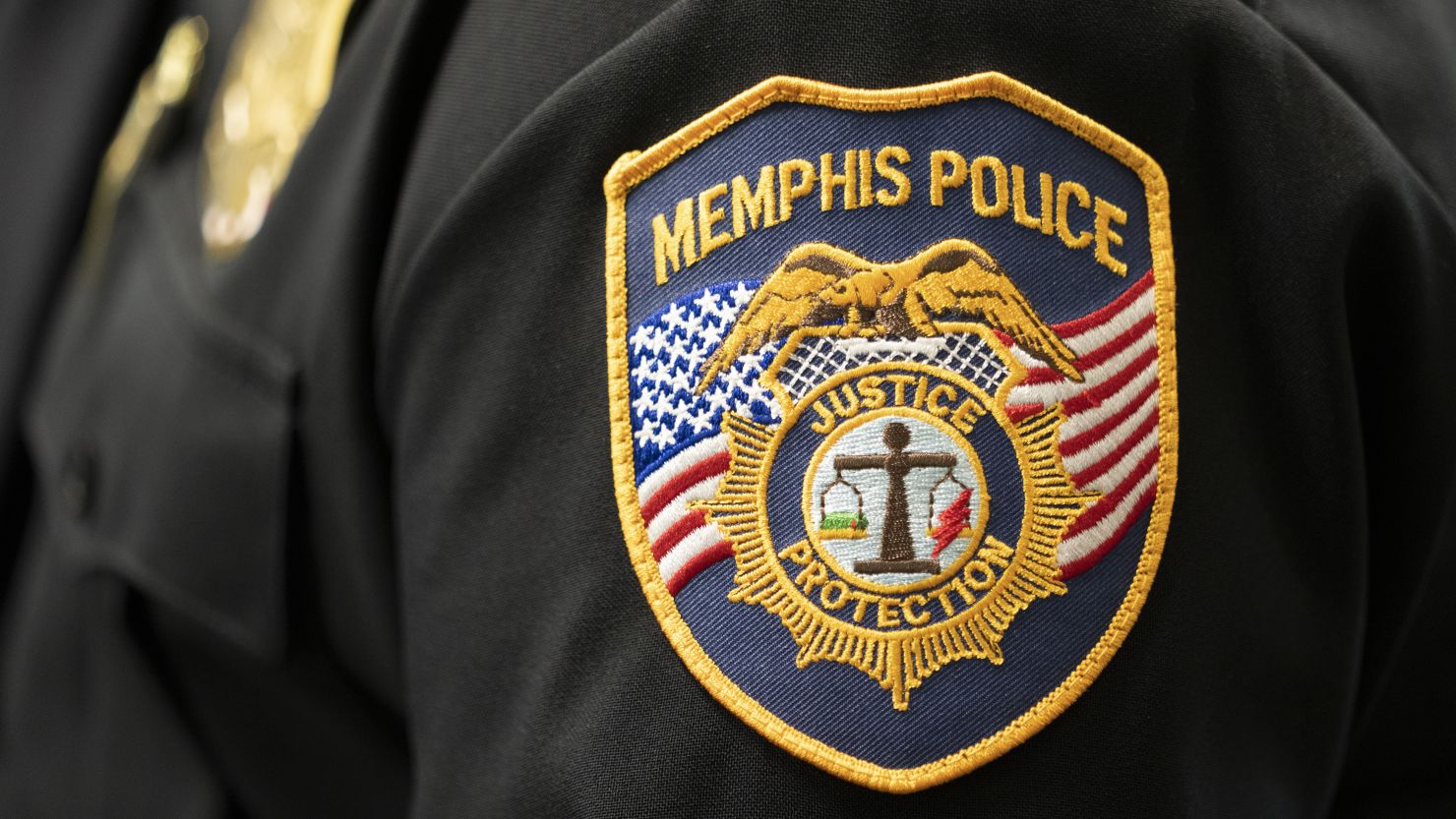A new report from the Department of Justice (DOJ) accuses the Memphis Police Department (MPD) and the City of Memphis of unlawfully discriminating against Black residents, despite the city being majority-Black, with a predominantly Black police force and leadership. The investigation alleges a pattern of excessive force, unlawful stops and arrests, and other civil rights violations targeting Black individuals.
The 70-page DOJ report, released Wednesday, is the result of an investigation launched after the January 2023 death of Tyre Nichols, a Black man who died following a violent encounter with Memphis police officers during a traffic stop. Nichols’ death led to charges of second-degree murder and kidnapping against five MPD officers, all of whom were also Black.
The report states:
“Across a range of different law enforcement actions, MPD treats Black people more harshly than white people when they engage in similar conduct.”
Among the most damning findings, the report notes:
- Officers often escalate encounters unnecessarily, including during routine traffic stops.
- Excessive force is used even when individuals are already restrained or compliant.
- Officers use intimidation and threats as routine tactics.
- Reckless actions, such as unlawfully firing at moving vehicles, have endangered officers and civilians alike.
The DOJ also highlighted the lack of accountability and oversight within the department, suggesting the MPD requires systemic reforms to address these issues.
The City of Memphis has pushed back against the report, refusing to agree to a consent decree, which would impose federal oversight on the MPD. City Attorney Tannera Gibson, in a letter to the DOJ, argued that a consent decree would impose undue financial and operational burdens on the city without clear timelines for resolution.
“Such a proposal is not the right solution for Memphis,” Gibson wrote, adding that the city intends to review and challenge the DOJ’s findings before agreeing to any remediation measures.
The DOJ’s findings have sparked intense debate, as Memphis is a majority-Black city with Black leadership at nearly every level. According to the Census Bureau, 64.4% of Memphis’ population is Black, and its police force is more than 50% Black. Additionally, key city leadership positions, including the mayor, police chief, and city council chair, are held by Black officials.
Memphis radio station KWAM weighed in on the controversy, posting on social media:
“The Biden Justice Dept. has determined that the Memphis Police Dept. is racist and targets Black people. But the mayor, police chief, and majority of officers are Black. Facts matter.”
The post also highlighted crime statistics in Memphis, noting that over 90% of homicide suspects and victims in the city are Black. Critics argue that the DOJ report overlooks the broader social and economic challenges facing Memphis, including poverty and high crime rates, while placing disproportionate blame on the police department.
The DOJ investigation was partly prompted by public outrage over the death of Tyre Nichols, a 29-year-old Black man who died three days after being severely beaten by five Black MPD officers during a traffic stop. The incident, captured on video, drew national attention and comparisons to the 2020 killing of George Floyd in Minnesota.
In September 2023, three of the officers—Tadarrius Bean, Demetrius Haley, and Justin Smith—were convicted of witness tampering but acquitted of federal civil rights charges. Two other officers, Emmitt Martin III and Desmond Mills Jr., pled guilty to the same charges.
The Nichols case remains a flashpoint in the ongoing debate over policing in Memphis and nationwide.
The DOJ report includes several recommendations aimed at addressing what it calls systemic misconduct within the MPD, including:
- Enhanced training and supervision for officers.
- Stronger accountability measures for misconduct.
- Improved transparency in police operations.
- Implementation of community-centered policing practices.
However, Memphis officials and some residents are skeptical about the effectiveness of these measures, particularly if they come in the form of a federally imposed consent decree.
The findings in Memphis reflect a broader national conversation about policing and race in America. Critics of the DOJ report argue that focusing solely on police practices ignores deeper systemic issues, such as poverty, education, and healthcare disparities, that disproportionately affect Black communities.
Others see the report as an opportunity for Memphis to lead the way in reforming policing practices, particularly in cities with similar racial dynamics.
The DOJ and Memphis officials are now at an impasse, with the city refusing federal oversight and the DOJ calling for immediate action to address what it describes as unlawful conduct by the MPD. As both sides navigate the next steps, the people of Memphis remain caught in the middle, grappling with issues of safety, trust, and accountability in their community.
Whether this report leads to meaningful change or deepens existing divisions remains to be seen, but its impact is already rippling beyond Memphis, fueling a renewed debate on the role of race in American policing.

duh. Next you’re gonna tell me the Right Reverend Al Sharpton is a racist.
LOL
That was funny.
“reforming Policing practices”?? How about reforming Black practices?? Those people have an entitlement-mentality, whereby they think they, whether they are Police or Civilians, are entitled to do whatever they want with impunity. All they have to do is start yelling “RACISM” and they are off the hook.